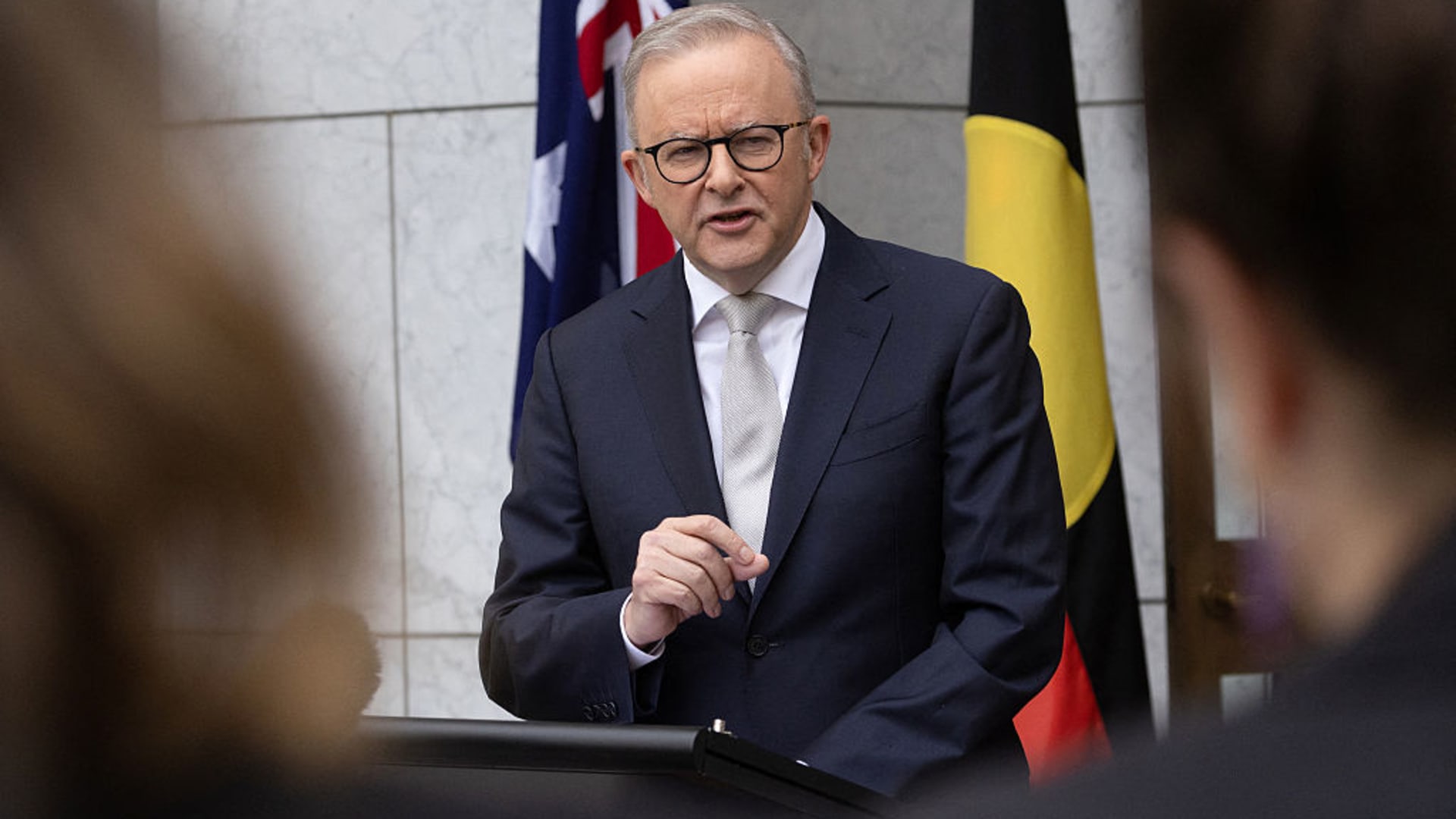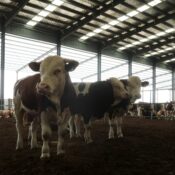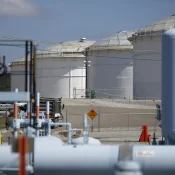
PM Albanese claims that Australia will “stand up for national interests” about US tariffs
Australian Prime Minister Anthony Albanese and Liberal Party leader Peter Dutton, who is running against him in the May election, pledged to defend the nation’s interests against impending U.S. tariffs that might affect Australian beef.
In addition to having a free trade agreement that permits duty-free entrance for American exports, Australia enjoys a trade surplus with the US. Albanese has stated that reciprocal tariffs will not be used by his government in retaliation against the Trump Administration.
Albanese, using tougher rhetoric during an election campaign, declared on Wednesday that he would “stand up for Australian interests” and would not make concessions on Australian laws that the US is likely to pursue.
As Peter Dutton, the leader of the opposition Liberal Party, put it to reporters: “My job is to stand up for Australians.”
“I would not hesitate to engage in a conflict with Donald Trump or any other global leader in order to further the interests of our country,” Dutton stated during an interview with Sky News Australia.
After the United States Trade Representative’s report on foreign trade obstacles was published the day before, Albanese declared that he “won’t compromise” on three crucial areas that were likely to be targeted.
“We won’t compromise on our Pharmaceutical Benefits Scheme, on our biosecurity or our Media Bargaining Code,” he declared.
Since the discovery of bovine spongiform encephalopathy (BSE) in American cattle in 2003, Australia has prohibited the importation of fresh beef products from the United States, according to the study.
Because it “could do enormous damage to our meat products,” Albanese stated that Australia was not ready to relax its stringent biosecurity regulations on meat.
Two of the biggest beef exporters in the world are the United States and Australia. Last year, Australia was able to export record amounts of meat, increasing its market share in North America and Asia and sending billions of dollars to farmers and cattle processors due to a recent decline in U.S. beef production.
In the previous year, Australia’s top market, the United States, received A$4 billion worth of beef exports.
Australia’s 2021 rule, which requires U.S. tech giants like Google and Meta to hold talks with media companies and pay them for the links that attract readers and advertising revenue, was also mentioned in the U.S. trade obstacles study.
The government of Albanese announced in December that it would enforce stricter regulations and impose millions of dollars on large digital corporations who failed to compensate Australian media companies for reporting on their platforms.
According to Albanese, one in four export dollars come from commerce with China, whereas fewer than 5% of Australia’s total goods exports go to the US.
He stated that Australia’s primary goal was to increase its exports to developing nations in South East Asia and India.
After a diplomatic spat between Beijing and Canberra that was settled last year, Australian beef exporters were previously prohibited from entering China.
All Categories
Recent Posts
Tags
+13162306000
zoneyetu@yahoo.com



